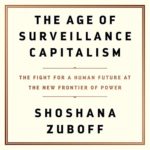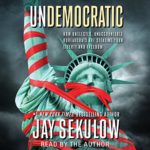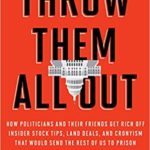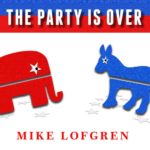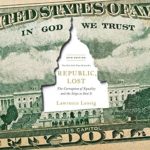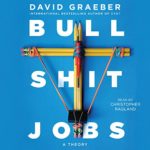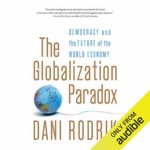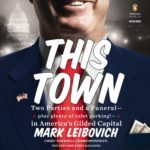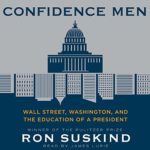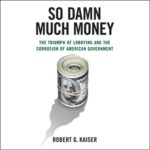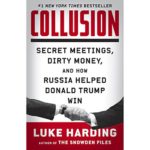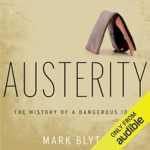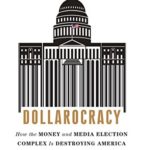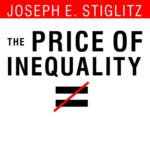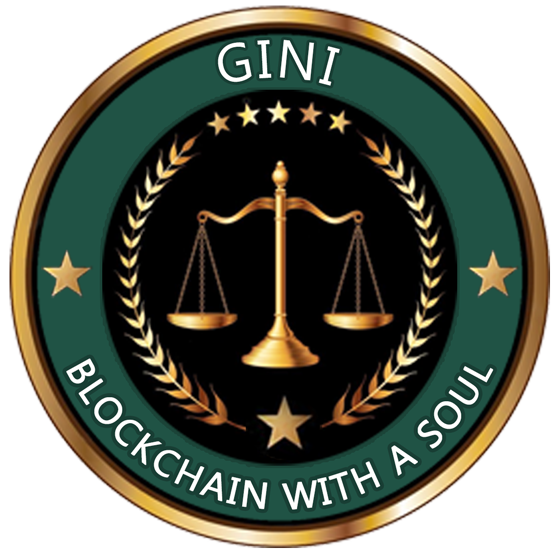How Can We Help?
Gini Book List
The following books and resources have influenced Gini's philosophical and technical development in significant and small ways. These nonpartisan scholars, scientists, and thought-leaders have devoted their lives to rigorous empirical research and data-driven analysis. This has enabled them to verify thousands of important data points across many domains, which we take into account every day as we build Gini's technical systems and analyze all the global socioeconomic and geopolitical dynamics that are relevant to cryptocurrencies in today's complex, interconnected world.
As we explained on the Gini School of Economics Introduction, technical architectural design flows from philosophical beliefs. Each human's philosophical beliefs is based on their knowledge and awareness of how the universe works, but each human brain is born as a blank slate and must be filled with knowledge and life experience before it can do anything useful. This is why reading substantive books and opening our minds to a diverse selection of authors, ideas, perspectives and experiences is so important.
Rigid ideologies are like degenerative brain diseases: They retard mental, emotional, and spiritual growth and they trap the mind in a theoretical world that does not actually exist, which prevents many humans from seeing and solving problems in the real world. This is how the human mind becomes a mental prison. The only way to escape this prison is to open our minds to a diverse selection of authors, ideas and perspectives.
A human's ability to make a meaningful impact in this world flows from the accuracy of their knowledge and the depth and breadth of their awareness. Specifically, without a broad base of technical, socioeconomic, and geopolitical knowledge; significant knowledge of economic history; and significant knowledge of precisely how and why corporate and government corruption impacts economic and geopolitical systems in the real world, it's impossible for any technical team to build a well-designed cryptocurrency.
This is not an exhaustive book list. The list includes several classic Economics books that are not saturated with unrealistic economic theories, parochial assumptions, and rabid ideology. This list is primarily intended to help people learn how the perpetual and inevitable collusion between gigantic and self-serving corporations, governments, and banks makes a mockery of both Hayek and Keynes, which is why no cryptocurrency based purely on Keynesian or Austrian School theories will ever succeed in the real world. That's why Gini has developed our own unique economic philosophy, which is much more practical, relevant, responsive, adaptive, and empowering for humanity in the real world of the 21st Century. The Gini economic philosophy is based on data-driven, humanitarian principles, real-world outcomes, and many insights from nonpartisan and non-ideological economists like Adam Smith, Henry George, John Locke, and many others in this list.
No single human or organization could possibly compile all this data alone; so, we deeply appreciate all these authors and we encourage you to read all their books and articles.
![]()
Tragedy and Hope: A History of the World in Our Time by Carroll Quigley
Business as a System of Power by Robert Brady
The Wealth of Nations by Adam Smith
The Theory of Moral Sentiments by Adam Smith
The Great Crash 1929 by John Kenneth Galbraith
Once in Golconda: A True Drama of Wall Street 1920-1938 by John Brooks

Two Treatises of Government by John Locke
The Federalist Papers by James Madison, Alexander Hamilton & John Jay
Winner-Take-All Politics by Jacob Hacker and Paul Pierson
Democracy in Chains by Nancy MacLean
Lords of Finance: The Bankers Who Broke the World by Liaquat Ahamed
All the Devils Are Here: The Hidden History of the Financial Crisis by Bethany McLean and Joe Nocera
Plutocrats: The Rise of the New Global Super-Rich and the Fall of Everyone Else by Chrystia Freeland
Lies, Incorporated: The World of Post-Truth Politics by Ari Rabin-Havt
Skin in the Game by Nassim Taleb
Three Felonies A Day: How the Feds Target the Innocent by Harvey Silvergate and Alan Dershowitz
Republic, Lost by Lawrence Lessig
Dark Money by Jane Mayer
Winners Take All: The Elite Charade of Changing the World by Anand Giridharadas
An American Sickness: How Healthcare Became Big Business and How You Can Take It Back by Elisabeth Rosenthal
Bullshit Jobs: A Theory by David Graeber
Bad Pharma: How Drug Companies Mislead Doctors and Harm Patients by Ben Goldacre
Confessions of an Economic Hit Man by John Perkins
Private Empire: ExxonMobil and American Power by Steve Coll
Corporate Power and Expansive U.S. Military Policy by Mason Gaffney
Fiasco: The American Military Adventure in Iraq, 2003 to 2005 by Thomas Ricks
This Town: Two Parties and a Funeral . . . in America's Gilded Capital by Mark Leibovich
Confidence Men: Wall Street, Washington, and the Education of a President by James Lurie and Ron Suskind
Bloodlands: Europe Between Hitler and Stalin by Timothy Snyder, Ralph Cosham, et al.
The Gulag Archipelago by Alexander Solzhenitsyn
A People's Tragedy: The Russian Revolution: 1891-1924 by Orlando Figes
Austerity: The History of a Dangerous Idea by Mark Blythe
Dollarocracy: How the Money and Media Election Complex is Destroying America by Robert McChesney
Rogue State: A Guide to the World's Only Superpower by William Blum
Whiteout: The CIA, Drugs and the Press by Alexander Cockburn and Jeffrey St. Clair
The Creature from Jekyll Island: A Second Look at the Federal Reserve by Edward Griffin
The Divide: American Injustice in the Age of the Wealth Gap by Matt Taibbi
The Great Deformation: The Corruption of Capitalism in America by David Stockman
The Price of Inequality: How Today's Divided Society Endangers Our Future by Joseph Stiglitz
The Shock Doctrine: The Rise of Disaster Capitalism by Naomi Klein
How Think Tanks Amplify Corporate America’s Influence by Eric Lipton and Brooke Williams[1]

The Hidden Costs of Tax Compliance by the Mercatus Center[2]
The Machiavellians: Defenders of Freedom by James Burnham
Through Our Enemies' Eyes: Osama bin Laden, Radical Islam, and the Future of America by Michael Scheuer and Bruce Hoffman
War is a Racket: The Antiwar Classic by America's Most Decorated Soldier by General Smedley Butler
Twilight of the Elites: America After Meritocracy by Chris Hayes
The Perfect Weapon: War, Sabotage, and Fear in the Cyber Age by David Sanger
On Liberty by John Stuart Mill

Who Runs The World? Solid Proof That A Core Group Of Wealthy Elitists Is Pulling The Strings by Michael Snyder[3]

Why does financial sector growth crowd out real economic growth? By the Bank for International Settlements[4]
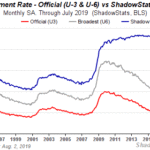
Shadow Stats: Public Commentary On Unemployment Measurement by John Williams[5]
Notes:
[1] Lipton, E., & Williams, B. (2016, August 7). How Think Tanks Amplify Corporate America’s Influence. The New York Times.
[2] The Hidden Costs of Tax Compliance. (2013, May 20).
[3] Snyder, M. (2013, January 29). Who Runs The World? Solid Proof That A Core Group Of Wealthy Elitists Is Pulling The Strings.
[4] Bank of International Settlements. (2015). Why does financial sector growth crowd out real economic growth?
[5] John Williams. (2016, June 8). Shadow Stats: Public Commentary On Unemployment Measurement.
Did You Like This Resource?
Gini is doing important work that no other organization is willing or able to do. Please support us by joining the Gini Newsletter below to be alerted about important Gini news and events and follow Gini on Twitter.























